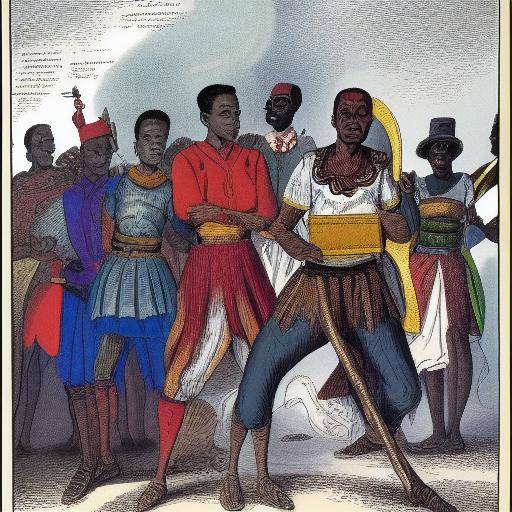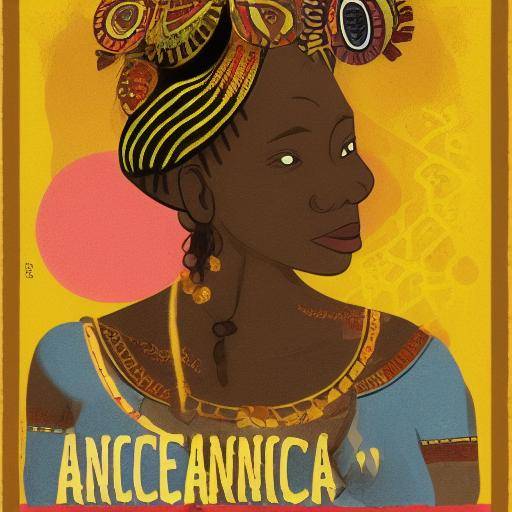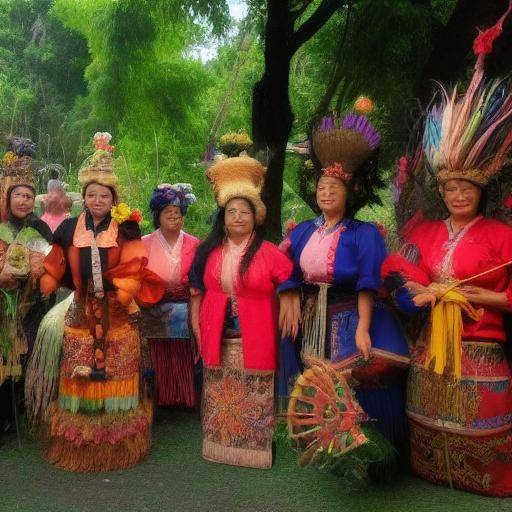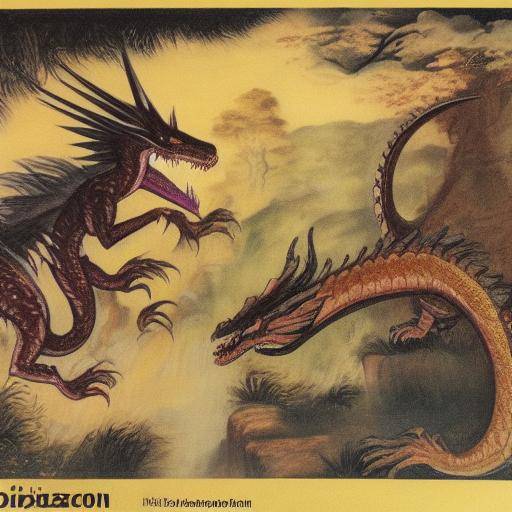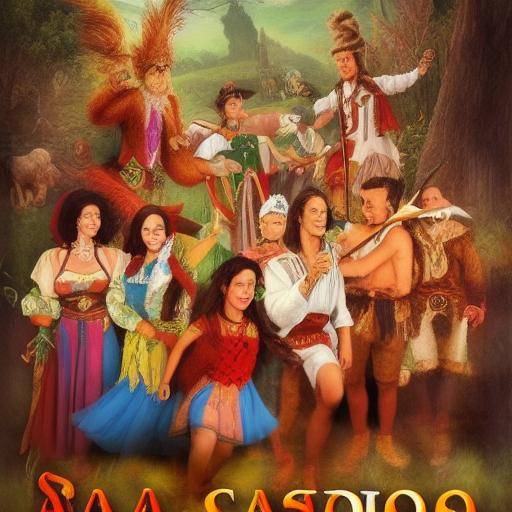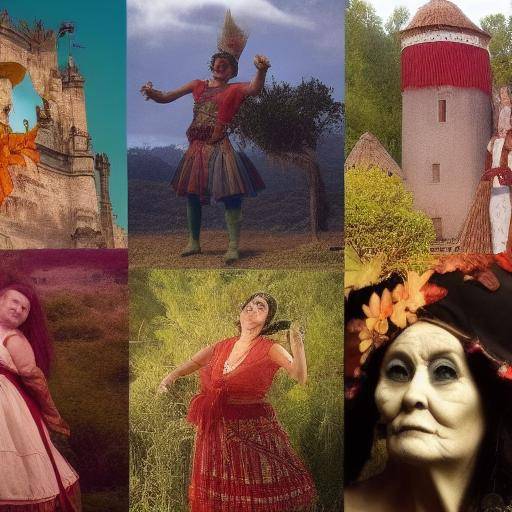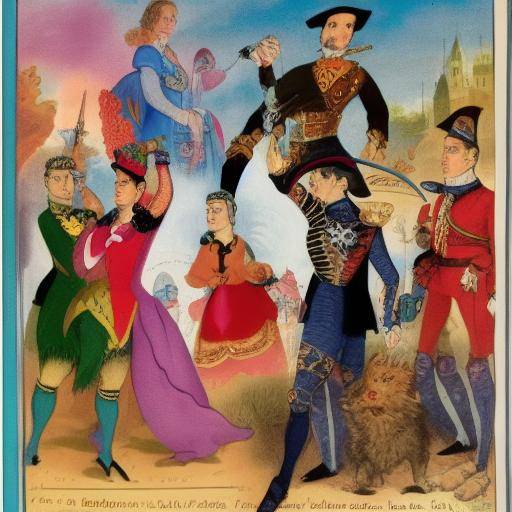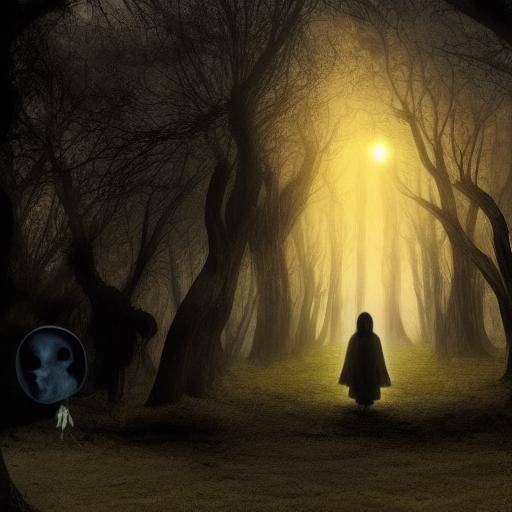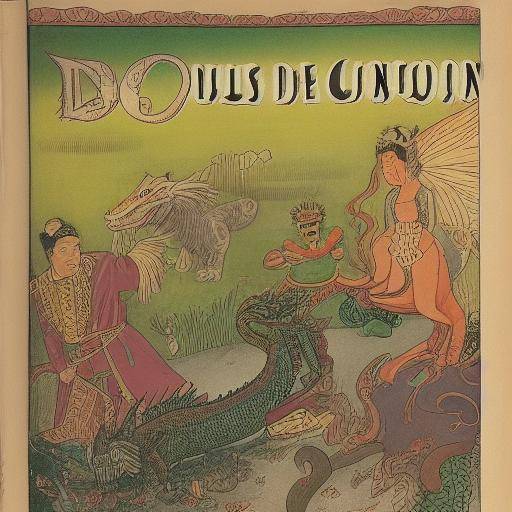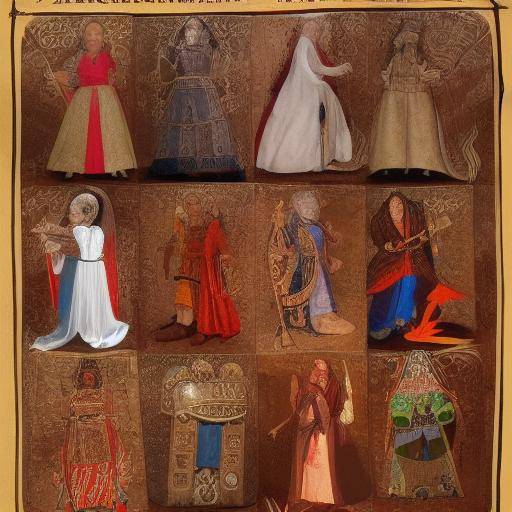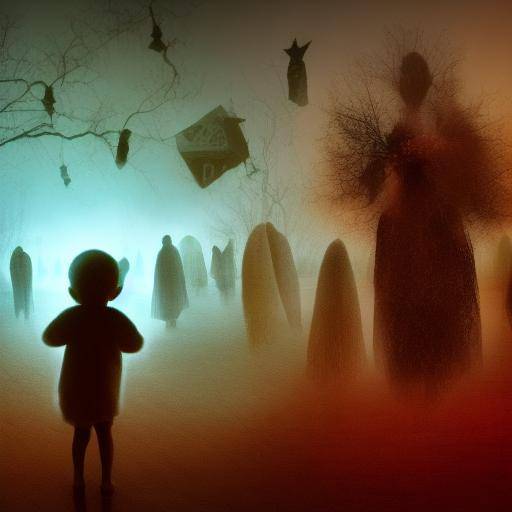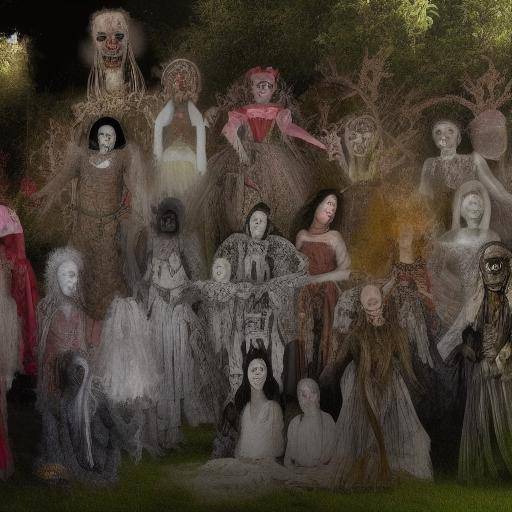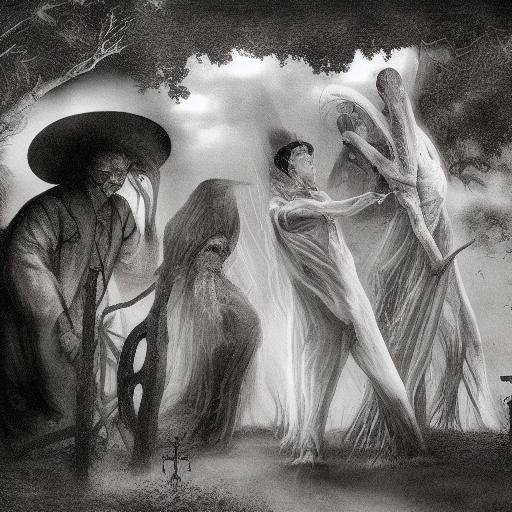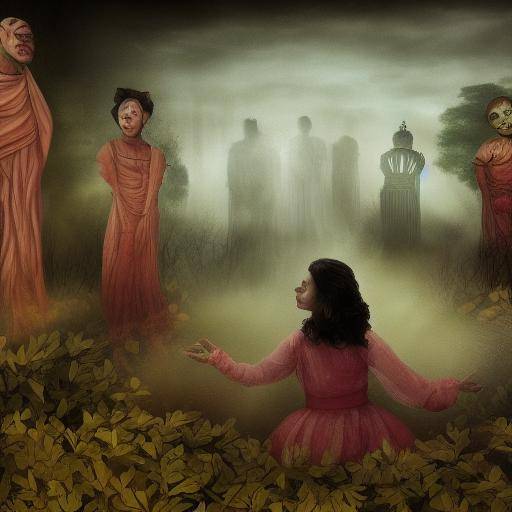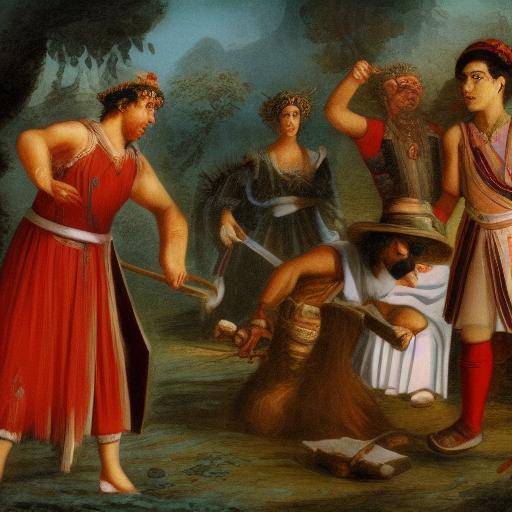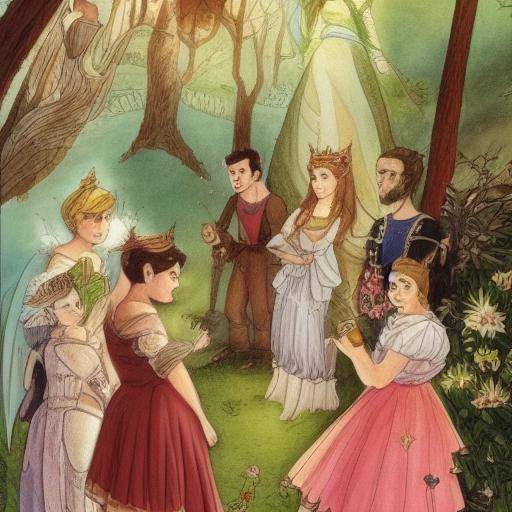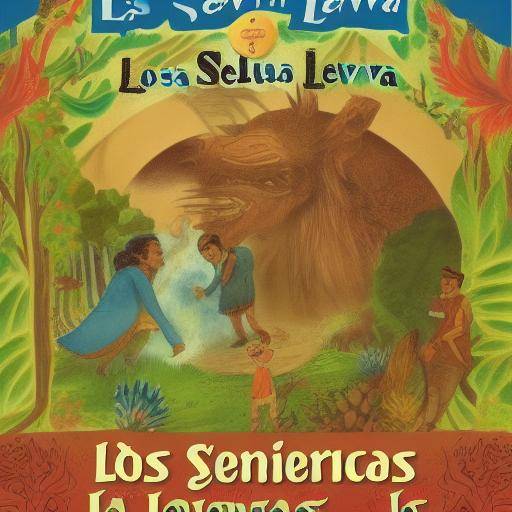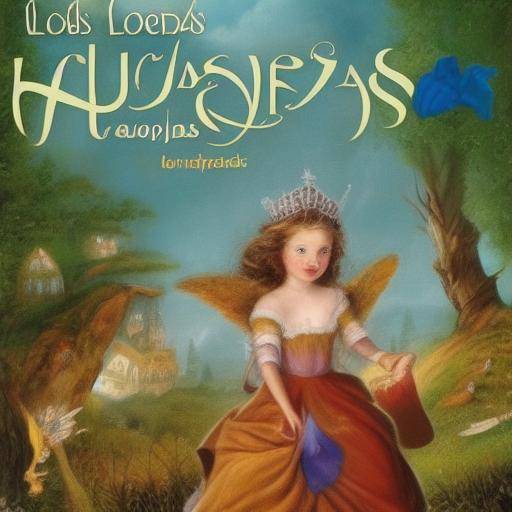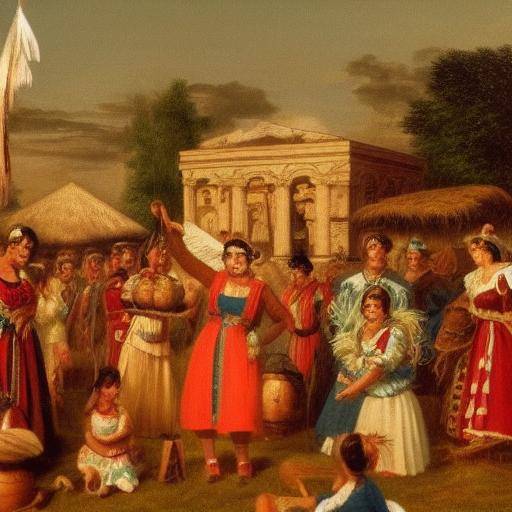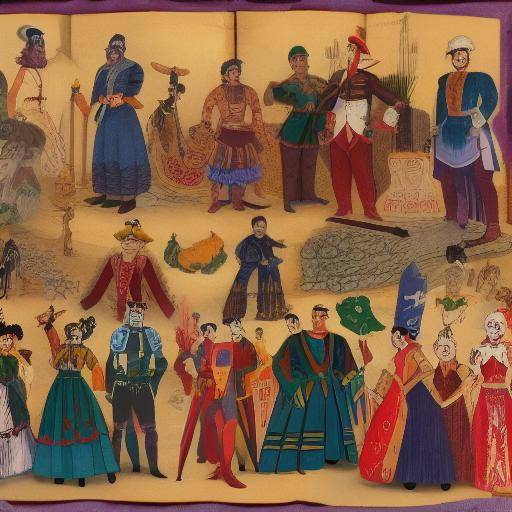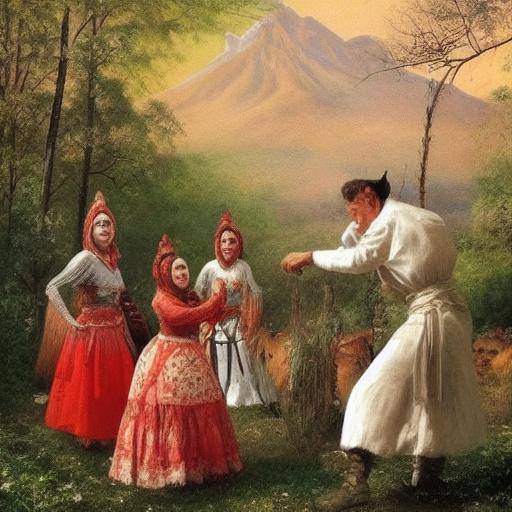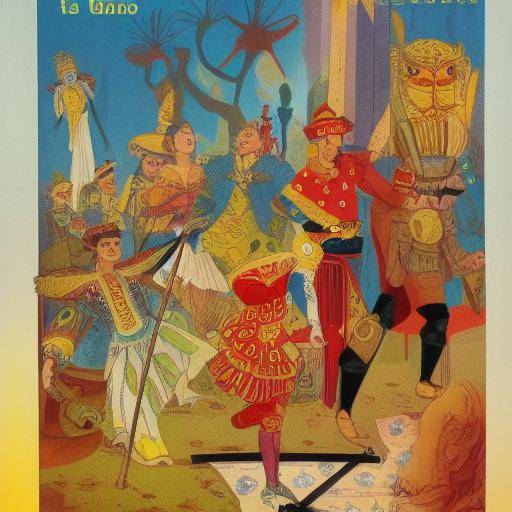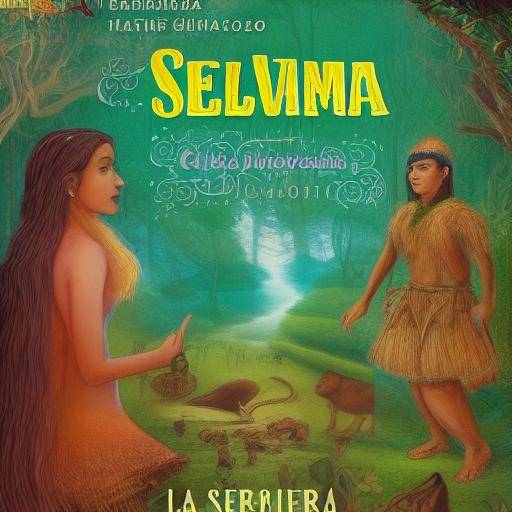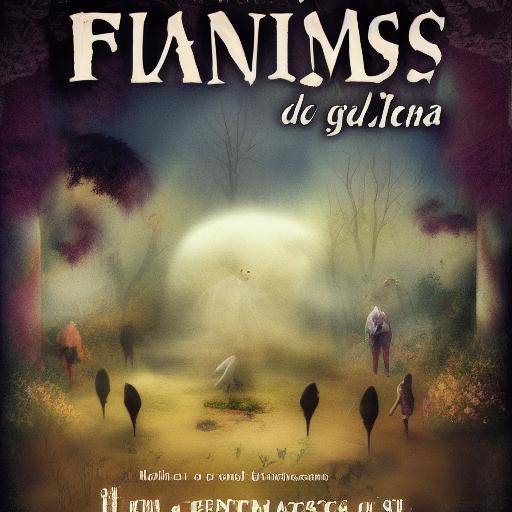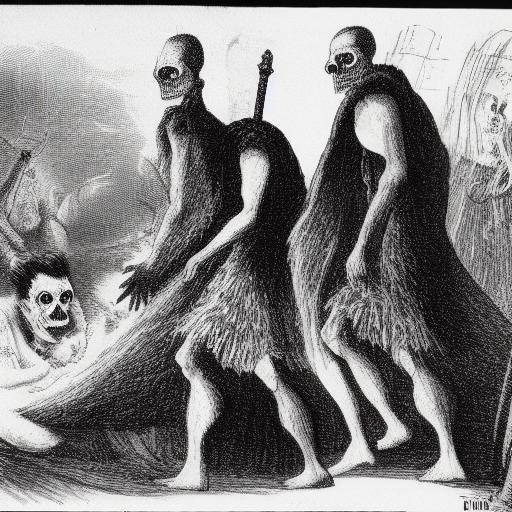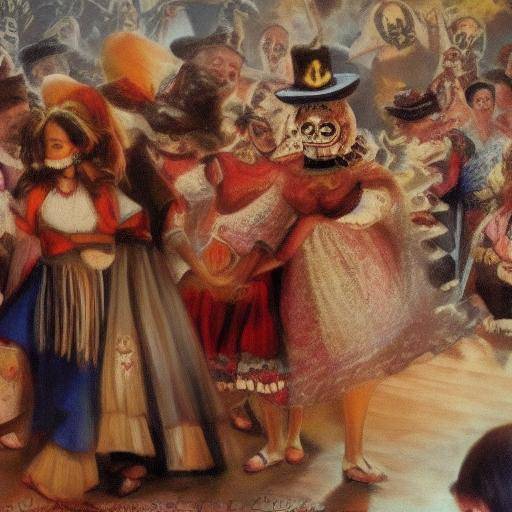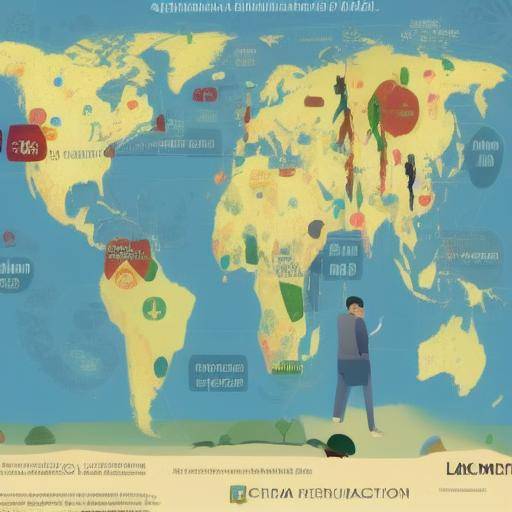
Introduction
The myths of the creation of the world are stories that have fascinated humanity throughout history. In particular, Mesopotamian myths have deeply influenced the beliefs and culture of ancient Mesopotamian civilizations. This article seeks to unravel the mysteries and wealth of these stories, exploring their meaning, their implications in the society of the time and their influence on the vision of the world that lasts until today.
History and Background
Mesopotamia, located in the region that today corresponds to Iraq, is considered the cradle of civilization, with a rich history dating back thousands of years. It is in this fascinating scenario where the mesopotamian myths of the creation of the world originate. The ancient Mesopotamians, like the Sumerians and the Babylonians, developed elaborate cosmogonies and myths that explained the origin of the universe, earth, heaven, and humanity.
Mesopotamian myths shared common elements, such as the idea of primordial chaos, the creation ordered through the action of gods and divine forces, and the conception of a world interconnected between the divine and the earthly. These mythological accounts not only represented the religious beliefs of these ancient civilizations, but also provided a conceptual framework for understanding the cosmos and the human condition.
Analysis in Deep
Mesopotamian myths of world creation offer a fascinating window to the complex cosmovisions of these ancient cultures. Through the figure of gods such as Enlil, Enki, Marduk and Tiamat, Mesopotamian myths represented the struggle between order and chaos, creative and destructive power, and the interaction between divine forces and humanity. These mythological accounts often reflected aspects of everyday life, social organization, and the existential concerns of the time.
Comprehensive review
In exploring the mesopotamian myths of the creation of the world, it is essential to consider its influence in the literature, art and the worldview of successive civilizations. Through the epic of Gilgamesh and other sacred texts, Mesopotamian myths have left an indelible mark on the conception of human destiny, the conflict between good and evil, and the search for meaning in the universe.
Comparative analysis
Comparatively, Mesopotamian myths show surprising similarities to other mythological traditions, such as Greek, Egyptian and Hindu. This convergence reveals the universality of certain human concerns and the diversity of cultural responses to the fundamental unknowns about the origin and nature of the world.
Practical Tips and Accessible Recommendations
To fully understand the richness of the mesopotamian myths of the creation of the world, it is advisable to explore the archaeological sites, museums and academic works that deepen this fascinating theme. The reading of contemporary reinterpretations and academic analysis also provides an updated view of the importance of these myths in the global context.
Industry Perspectives and Expert Reviews
Experts in mythology, ancient history and cultural studies offer valuable interpretations of Mesopotamian myths, enriching our understanding of these complex narratives and their lasting meaning in the human imaginary. Their contributions help to place Mesopotamian myths in the broader context of global mythological traditions, enriching our perception of the richness and diversity of human beliefs and myths.
Cases and Applications in Real Life
Although Mesopotamian myths belong to a remote past, they continue to raise interest and debate in fields such as theology, comparative literature, and cultural anthropology. Its relevance transcends the borders of time and space, enriching the global dialogue on the richness of the cultural and religious expressions of humanity.
Future Trends and Predictions
As academic research and public interest continue to explore the dimensions of Mesopotamian myths, new interpretations and innovative approaches that shed light on these ancestral stories are likely to emerge. Future archaeological research, advances in mythological comparison, and intercultural dialogue will continue to enrich our understanding of Mesopotamian myths and their lasting legacy.
Conclusion
Mesopotamian myths of the creation of the world offer a fascinating window to the beliefs, human experiences and cosmological conceptions of the ancient Mesopotamia civilizations. These mythological accounts, with their symbolic and imaginative wealth, continue to arouse wonder and reflection in the modern world, demonstrating the perdurability and vitality of mythological narratives over time.
Frequently asked questions
**What are the key elements of the mesopotamian myths of the creation of the world?**Mesopotamian myths of world creation often present elements such as primordial chaos, the struggle between gods, the orderly creation of the universe, and the conception of humanity as a result of divine interaction.
**To what extent did Mesopotamian myths influence subsequent civilizations?**Mesopotamian myths have left a profound mark on culture, literature, and the conceptions of the world in later civilizations, including influences on biblical literature and Greek mythology.
**What is the relevance of Mesopotamian myths today?**Mesopotamian myths continue to attract interest in areas such as comparative religion, literary studies, and anthropology, enriching the understanding of the diversity of human mythological expressions.
**What are the main gods involved in the mesopotamian myths of the creation of the world?**Among the most outstanding gods in Mesopotamian myths are Enlil, Enki, Marduk, and Tiamat, who play key roles in the configuration of the cosmos and humanity.
**Where can updated representations and interpretations of mesopotamian myths be found?**Various museums, archaeological sites, and academic sources offer up-to-date representations and reinterpretations of Mesopotamian myths, enriching the contemporary understanding of these ancestral accounts.
**How have Mesopotamian myths influenced the contemporary conception of the cosmos and human existence?**Mesopotamian myths have left a lasting mark on the contemporary perception of human destiny, the struggle between good and evil, and the search for meaning in the universe, enriching the global cultural imaginary.
With this detailed look at the mesopotamian myths of the creation of the world, we can appreciate its immense symbolic wealth, its lasting influence, and its ability to continue to arouse fascination and reflection in the modern world. These ancestral narratives offer a unique window to the complexity of the human condition and the eternal yearning to understand the mystery of the universe and our existence in it.

